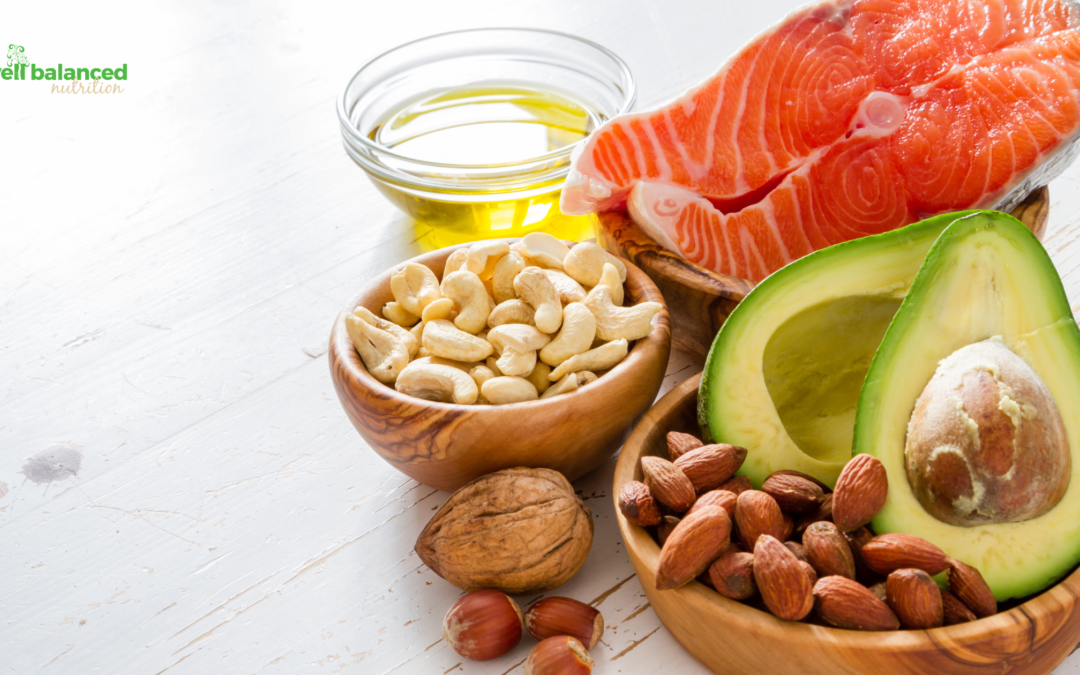Fermented foods are having a moment… popping up everywhere from farmers markets to fancy grocery aisles. But what’s the real deal? Fermentation isn’t just about tangy flavors and funky textures—it’s a natural process that can boost your gut health, support your immune system, and even influence your mood. In this article, we’ll break down what fermentation is, explore the potential health benefits backed by science, and share simple ways to add these nourishing foods into your diet without overwhelm. Let’s get curious and see if fermented foods deserve a spot on your plate.
What is fermentation?
When it comes to your food, fermentation brings unique flavors combined with amazing benefits for your health and wellness. Fermentation is a naturally occurring process that involves breaking down food substances with the help of beneficial bacteria, yeast, or even fungi. The microbes consume sugars and other compounds in the food, resulting in byproducts like organic acids, gases, and alcohol. This process not only imparts unique flavors but also preserves the food, extending its shelf life.

- Probiotics are the beneficial bacteria introduced or generated during fermentation.
- Enzymes are proteins that speed up chemical reactions, aiding in digestion.
- Preservation is the acidic or alcoholic environment created by fermentation that deters spoilage.
But what’s truly compelling are the functional benefits. The fermentation process enriches the food with probiotics and digestive enzymes that can have a myriad of health benefits.
What are the health benefits of fermented foods?
Improved Gut Health
Your gut is not just a digestive organ. It’s a complex ecosystem teeming with trillions of microbes. Probiotics found in fermented foods contribute to this ecosystem, aiding in digestion and nutrient absorption. They also out-compete harmful bacteria, maintaining a balanced gut microbiome, which is crucial for overall health.
Immune Support
Did you know that 70-80% of your immune system resides in your gut? That’s right! By enhancing gut health, probiotics play a crucial role in fortifying your immune system. Several studies indicate that a healthy gut microbiome can help fend off pathogens and reduce the frequency of infections.
Reduces Inflammation
Inflammation is a natural defense mechanism, but chronic inflammation can lead to various diseases. Probiotics and other bioactive compounds in fermented foods have anti-inflammatory properties that can help manage conditions like arthritis and even heart disease.
Helps Regulate Blood Sugar
Research suggests that a balanced gut microbiome may have a role in managing blood sugar levels. Fermented foods like kefir and yogurt are shown to have a stabilizing effect on blood sugar, which can be particularly beneficial for people with diabetes.
Mood Booster
The gut-brain axis is a hot topic in scientific research. A balanced gut microbiome may impact neurotransmitters and mood-regulating hormones, potentially acting as a natural mood enhancer.

What are the types of fermented food?
If you’re new to the world of fermented foods, you’re in for a treat. From sauerkraut to kombucha, there’s likely a fermented food that suits your palate. Here are some popular options to explore.
- Kimchi: A traditional Korean dish made of fermented vegetables, commonly cabbage, with a mix of seasonings.
- Sauerkraut: German for “sour cabbage.” Unlike cabbage packed in vinegar, this fermented version consists of finely chopped cabbage fermented by lactic acid bacteria.
- Yogurt: Fermented milk products enriched with beneficial bacteria.
- Kefir: A fermented milk drink, similar to yogurt but with a thinner consistency.
- Tempeh: A fermented soy product that is a good source of complete protein.
- Miso Paste: A Japanese seasoning made from fermented soybeans.
- Kombucha: A fizzy drink made by fermenting sweetened tea with a symbiotic culture of bacteria and yeast.
- Pickles: Fermented cucumbers in a brine of water, salt, and spices.
How to add more fermented foods to your diet: slow and steady.
Fermented foods can help your gut thrive, but if you’re new to them, more isn’t always better, at least not right away. Start small: try a forkful of sauerkraut, a spoonful of yogurt, or just a sip or two of kombucha. Keep the serving small and repeat it daily for a week or two so your gut bacteria can ease into the change. When that feels good, slowly increase your serving or try adding a new fermented food. Some mild gas is normal at first, but if bloating gets uncomfortable, back off and take it slower. A gentle approach helps your gut adapt, so you get all the good bugs without any big belly drama.
3 Simple Recipes You Can Make With Fermented Foods

Simple Kimchi Stir-Fried Rice
Ingredients:
- 2 cups cooked jasmine or basmati rice (preferably day-old)
- 1 cup kimchi, chopped
- 1 tablespoon kimchi juice
- 2 eggs, beaten
- 1 small onion, diced
- 2 green onions, sliced
- 1 tablespoon soy sauce
- 1 tablespoon sesame oil
- 1 teaspoon olive oil
Instructions:
- Heat olive oil in a skillet over medium heat. Add the diced onion and sauté until translucent.
- Add the chopped kimchi and kimchi juice. Stir-fry for 2-3 minutes.
- Push the kimchi mixture to the side and pour the beaten eggs into the skillet. Quickly scramble the eggs.
- Add the day-old rice to the skillet. Stir to combine all the ingredients.
- Drizzle in the soy sauce and sesame oil, stirring to mix well.
- Garnish with sliced green onions.
Greek Yogurt Veggie Dip
Ingredients:
- 1 cup Greek yogurt
- 1 clove garlic, minced
- 1 tablespoon lemon juice
- 1 tablespoon chopped dill
- 1 tablespoon chopped parsley
- Salt and pepper to taste
Instructions:
- In a bowl, mix the Greek yogurt, minced garlic, and lemon juice.
- Stir in the chopped dill and parsley.
- Season with salt and pepper to taste.
- Chill for at least one hour to let the flavors come together.
- Serve with raw vegetables or as a tangy spread for sandwiches.
Kombucha Vinaigrette
Ingredients:
- 1/4 cup kombucha (any flavor – we love raspberry]
- 1/4 cup extra-virgin olive oil
- 2 tablespoons apple cider vinegar
- 1 teaspoon Dijon mustard
- 1 teaspoon honey or maple syrup
- Salt and pepper to taste
Instructions:
- In a jar with a lid, combine the kombucha, olive oil, apple cider vinegar, Dijon mustard, and sweetener.
- Seal the jar and shake vigorously until well combined. (Be careful when opening.)
- Season with salt and pepper to taste.
- Enjoy with leafy greens or drizzle over protein for some zing.
Let’s Connect!
Do you need more guidance on improving your health with food? If you want a personalized and more detailed nutrition plan based on your health, lifestyle, and goals, connect with our team at Well Balanced Nutrition to get started on a plan that truly works for you.



